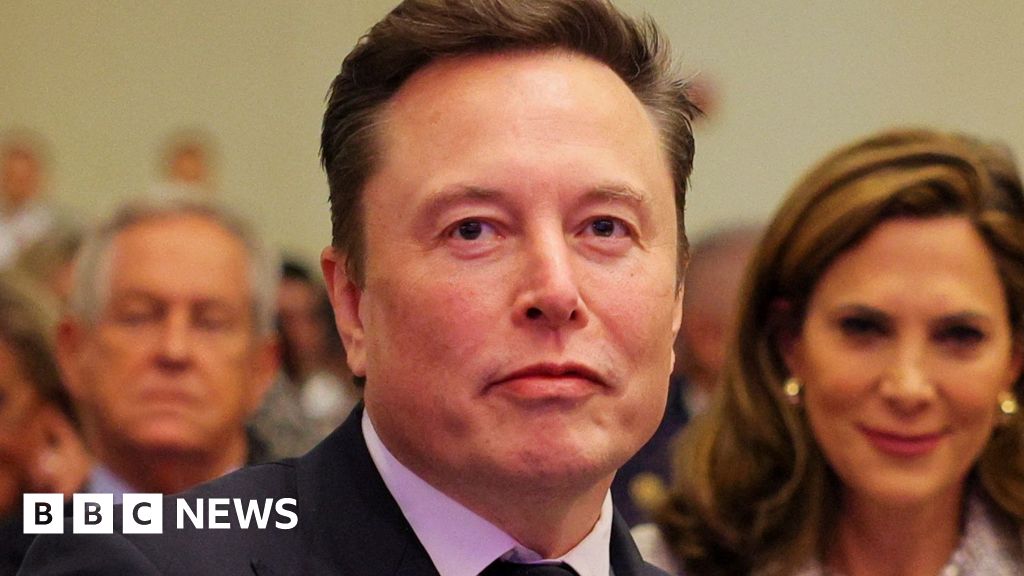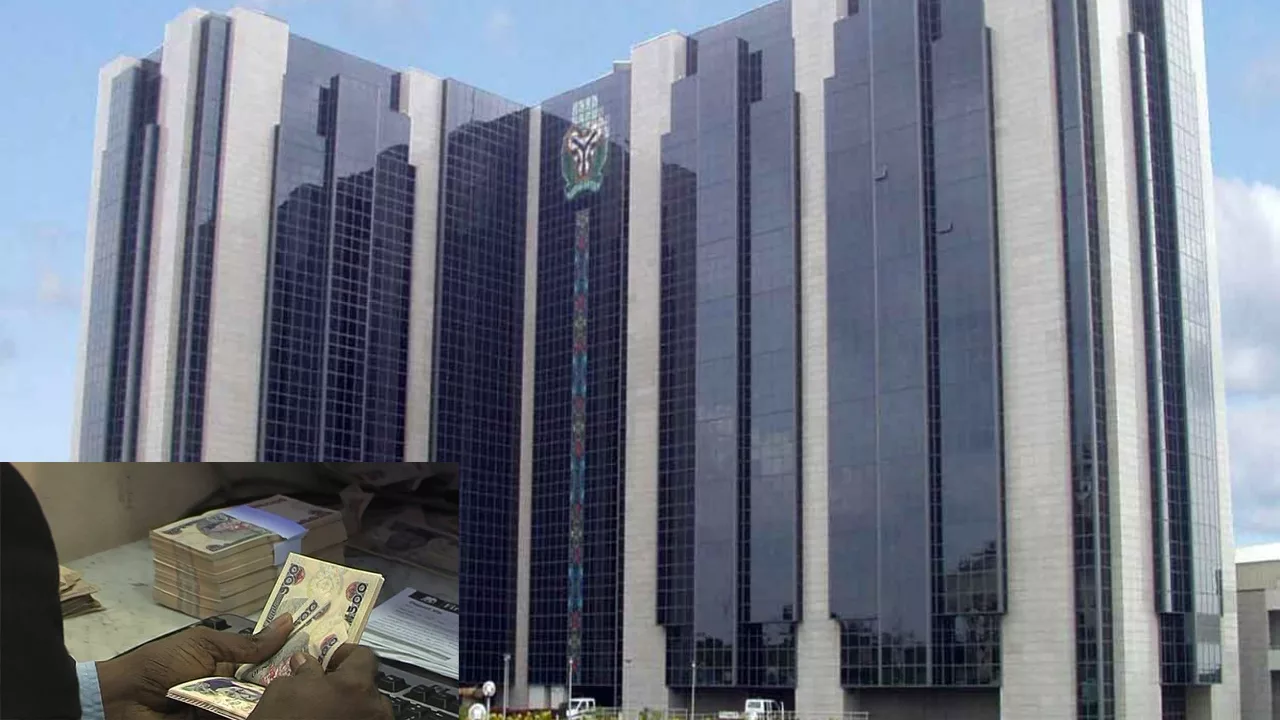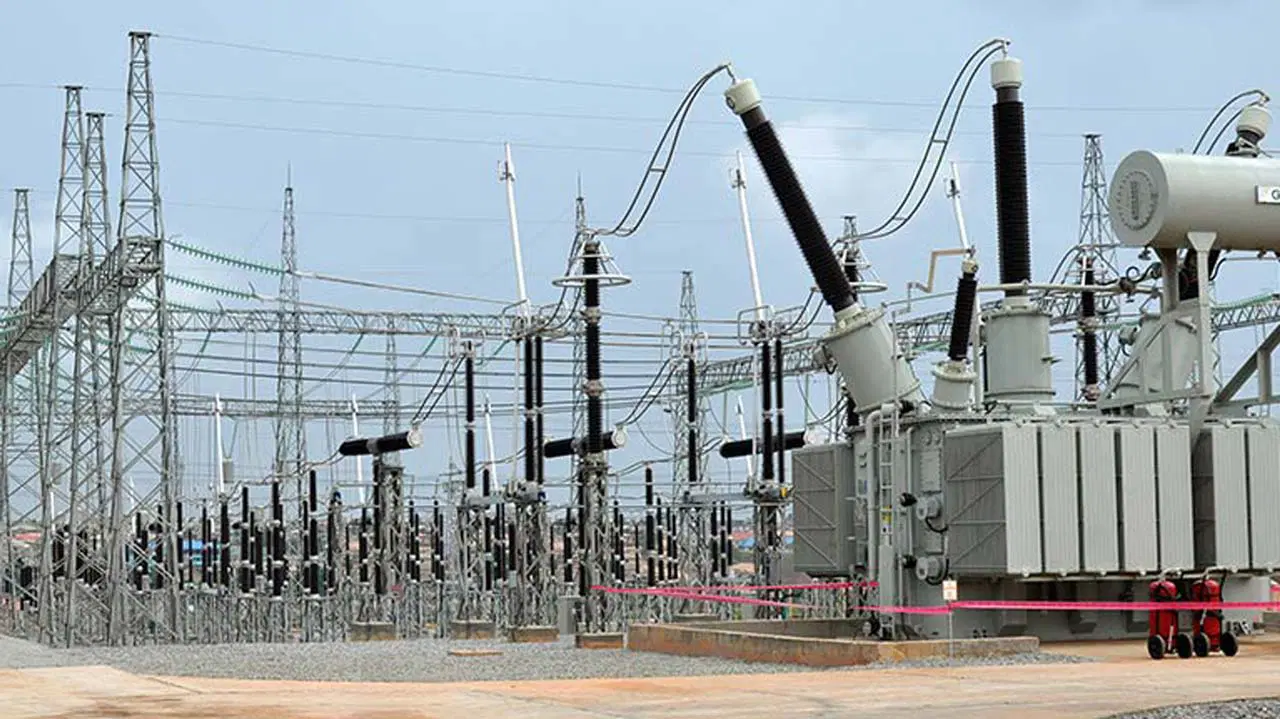Nigeria’s inflation rate touched 33.88 per cent in the month of October, up from 32.70 per cent in September, the National Bureau of Statistics (NBS) said Friday.
This marks a continuation of the upward trend observed in September, when the nation recorded a reversal of a two-month decline.
The October inflation figure represents a 1.18 percentage point increase from September’s rate, reflecting a sharper rise in prices over the month.
Year-on-year, the inflation rate was 6.55 percentage points higher than the 27.33 per cent recorded in October 2023, underscoring the sustained price pressures facing the economy.
“In October 2024, the Headline inflation rate was 33.88 per cent relative to the September 2024 headline inflation rate of 32.70 per cent. Looking at the movement, the October 2024 Headline inflation rate increased by 1.18 per cent points compared to the September 2024 Headline inflation rate. On a year-on-year basis, the Headline inflation rate was 6.55 per cent points higher than the rate recorded in October 2023 (27.33 per cent),” the NBS said.
On a month-to-month basis, inflation was 2.64per cent in October, marginally above the 2.52 per cent recorded in September, indicating a faster rate of price increases.
While a higher inflation rate does not necessarily imply falling prices, it shows that the pace at which prices are rising has accelerated.
Nigerians need credible journalism. Help us report it.
Support journalism driven by facts, created by Nigerians for Nigerians. Our thorough, researched reporting relies on the support of readers like you.
Help us maintain free and accessible news for all with a small donation.
Every contribution guarantees that we can keep delivering important stories —no paywalls, just quality journalism.
Breakdown
A breakdown of the inflationary contributions by divisions revealed that food and non-alcoholic beverages were the largest drivers, contributing 17.55 per cent year-on-year.
Housing, water, electricity, gas, and other fuels followed with a contribution of 5.67 per cent.
Other significant contributors included clothing and footwear (2.59per cent), transport (2.20per cent), and furnishings and household equipment maintenance (1.70per cent).
Other sectors, such as education (1.02per cent), health (0.56 per cent), and restaurants and hotels (0.41 per cent), also added to the inflationary pressures, albeit to a lesser extent.
Alcoholic beverages, tobacco, and kola contributed 0.37 per cent, while recreation and culture and communication both accounted for 0.23 per cent each.
Rising food prices
Food inflation in Nigeria surged to 39.16 per cent year-on-year in October 2024, up from 31.52 per cent in October 2023, according to the National Bureau of Statistics.
The Bureau said the 7.64 percentage point increase was driven by sharp rises in the prices of staples such as guinea corn, rice, maize grains, and yam, as well as palm oil, vegetable oil, and beverages like Milo, Lipton, and Bournvita.
On a monthly basis, food inflation rose to 2.94 per cent in October, compared to 2.64 per cent in September, reflecting a 0.30 percentage point increase.
The higher monthly rate was attributed to rising costs of palm and vegetable oils, fish varieties including mudfish and croaker, meat products such as dried beef and goat meat, and cereal-based items like bread and plantain flour.
ALSO READ: UPDATED: FG working on measures to reduce food prices, cost of living – Tinubu
The average annual food inflation rate for the 12 months ending October 2024 was 38.12 per cent, representing an 11.79 percentage point rise from the 26.33 per cent recorded in October 2023.
The persistent rise in inflation has intensified concerns over its impact on purchasing power, with food and energy costs continuing to be major sources of pressure.
Nigeria has experienced a sharp increase in food prices in recent years, a trend that worsened in 2023 following President Bola Tinubu’s removal of petrol subsidies and the adoption of a floating exchange rate for the naira. These policy changes triggered a steep rise in the cost of staple foods, pushing more Nigerians into poverty and exacerbating food insecurity.
Over the past year, escalating costs have forced several farms and businesses to shut down. Many agricultural producers have scaled back operations due to insecurity and erratic weather conditions affecting rural areas.
In July 2023, President Tinubu declared a state of emergency on food security, seeking to address surging food costs.
Among the measures announced was the suspension of duties, tariffs, and taxes on key food imports, including beans, wheat, and husked brown rice. These steps were aimed at curbing skyrocketing prices, but their impact has been limited so far.
However, despite these interventions, food inflation has shown little sign of easing.
Support PREMIUM TIMES' journalism of integrity and credibility
At Premium Times, we firmly believe in the importance of high-quality journalism. Recognizing that not everyone can afford costly news subscriptions, we are dedicated to delivering meticulously researched, fact-checked news that remains freely accessible to all.
Whether you turn to Premium Times for daily updates, in-depth investigations into pressing national issues, or entertaining trending stories, we value your readership.
It’s essential to acknowledge that news production incurs expenses, and we take pride in never placing our stories behind a prohibitive paywall.
Would you consider supporting us with a modest contribution on a monthly basis to help maintain our commitment to free, accessible news?
TEXT AD: Call Willie - +2348098788999

















 English (US) ·
English (US) ·